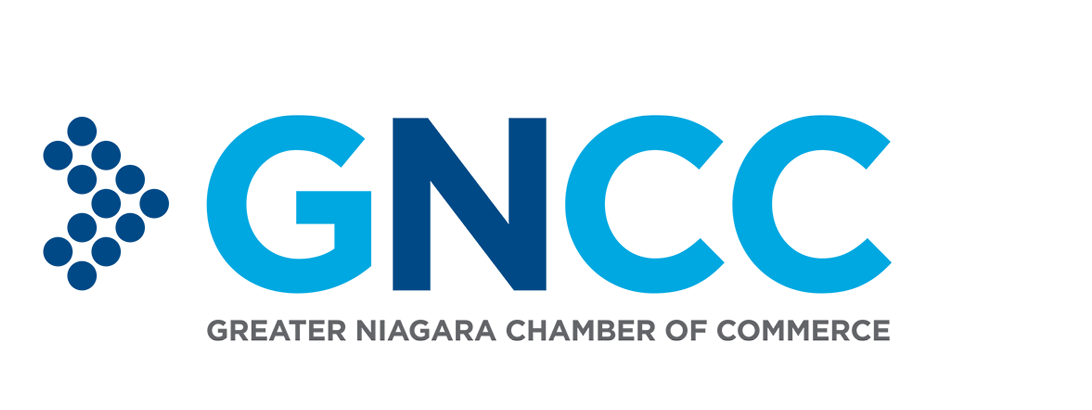The GNCC attended the Government of Ontario’s committee hearing on labour law and minimum wage reform in Niagara Falls on July 19. Read the transcript of the GNCC’s speech below.
Bill 148: Presentation to Standing Committee, July 19, 2017
Good morning committee members, staff, and members of the public.
My name is Mishka Balsom, and I am the President and CEO of the Greater Niagara Chamber of Commerce. With me today is Hugo Chesshire, our Policy and Government Relations Manager. The GNCC represents 1,600 organizations employing 50,000 people, and is the third-largest Chamber of Commerce in Ontario.
The three principles guiding our advocacy are
that policy decisions require to be evidence-based and data driven,
that collaboration with key stakeholders is critical
and that no decision should be made in isolation of other departments and sectors.
With those three principles in mind, we wish to speak to you today.
We understand the issues that Bill 148 is trying to address and we appreciate the government’s willingness to continuously improve policies to meet the changing demands.
What concerns us is that this policy – particularly the minimum wage increase – has been decided upon without providing the necessary Ontario-based research that would quantify the economic impact, especially the impact on unemployment, and price inflation.
The labour law reforms were proposed after two years of research and review. The minimum wage increase was not. We ask that the government hold itself to its own standard.
Policy is meant to be balanced. Neither the benefits nor the harms of this policy are evenly distributed. For example, there may well be more consumer spending in the local economy, but no consideration has been given how consumer spending patterns have significantly changed over the past few years, and are continuing to change.
Accommodation, food service and the retail sector are enormously important to Niagara as a tourist destination. Full-service restaurants in Ontario make an average profit margin of 2.1%. The pre-tax profit margin for accommodations is 9.5%. Retailers’ operating profit margins of 4.9%. Margins are simply not large enough to absorb increases so larg and so rapid.
We have seen no evidence that the government is prepared to mitigate either the price increases or the potential unemployment that will result from this legislation.
The Government of Ontario’s 2014 report on minimum wage concluded that minimum wage hikes caused negative employment effects, and that those were particularly concentrated among full-time permanent employees, women, immigrants, young people, and recent entrants to the labour market. According to the government’s own studies, every 10% increase in minimum wage will result in 3-6% increase in youth unemployment. This means potentially thousands of unemployed youth in Niagara.
It also found that larger increases caused proportionately larger negative effects. Your report confirms our concerns but Bill 148 does not acknowledge the government’s own findings, and more importantly, it does not address them.
The pace of change is also a significant set-back in this policy. Seattle has decided to phase in a $15/hr minimum wage over four years, California over five. Ontario will do the bulk in 7 months.
In addition, this policy comes on top of the expenses of cap-and-trade, increased pension contributions, rising electricity prices, and more. These pressures are all cumulative. We must also consider not just the staggering public debt load in Ontario, but the equally alarming level of private debt, the greatly overheated housing market in the GTA, the possibility that NAFTA will be amended or even repealed, and many other.
The government must do something to relieve this pressure on business. The Government of Alberta has cut the small business tax rate from 3% to 2% in compensation for their minimum wage hike. Alberta has also created an SME support program, provided more capital for ATB Financial and Alberta Enterprise, reinstated their Summer Temporary Employment Program, and much more. The Government of Ontario is proposing nothing. We ask the committee, if it recommends this policy, to also recommend measures such as these which will reduce the harm inflicted on Ontario’s businesses and preserve jobs.
Thank you.



